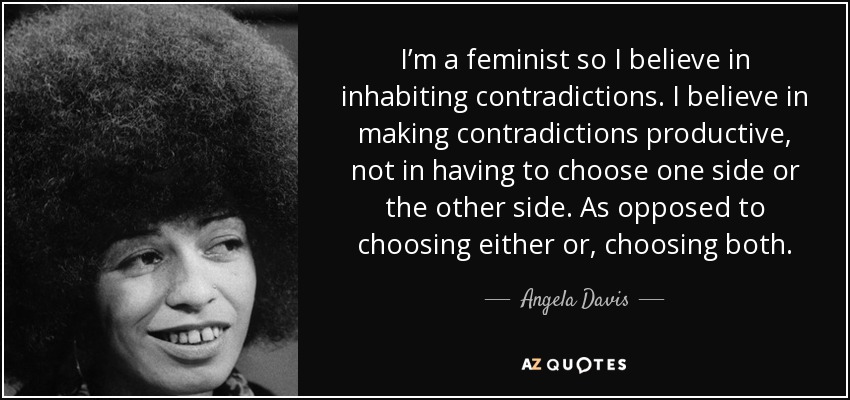You've probably seen them.
Almost certainly you have.
Those posts wherein a young lady goes on a diatribe about being catcalled by a random male stranger and, perhaps even physically touched by him.
There was a recent post I saw describing such an event. The woman was catcalled, then touched: first held by the shoulders as she was told she was beautiful, and then touched on the small of her back while this stranger showed her off to his gang of miscreants. It was the touching that made the whole affair noteworthy, as she wrote. Very scummy, indeed.
Almost certainly you have.
Those posts wherein a young lady goes on a diatribe about being catcalled by a random male stranger and, perhaps even physically touched by him.
There was a recent post I saw describing such an event. The woman was catcalled, then touched: first held by the shoulders as she was told she was beautiful, and then touched on the small of her back while this stranger showed her off to his gang of miscreants. It was the touching that made the whole affair noteworthy, as she wrote. Very scummy, indeed.
I have a tendency of skipping such posts since I can only muster so much concern for inconvenient confrontations that are used to pronounce boilerplate feminist rants: which this was. However, what stood out to me was the last sentence: 'Use your damned privilege'. That prompted me to look at the rest of the post.
This plea, or demand, was prompted by the fact that the man who was working the station did nothing to intervene. He just offered some mild condolence, 'I'm sorry you had to put up with that'.
Fair enough.
Now, here is where I think this whole assessment is illustrative of a misguided view that has been taught to young women. This will be a bit facetious.
First, telling someone that they ought to do something doesn't sound like there is much privilege at play. And what sort of privilege is this? The privilege
to stand up to an unknown male on the behalf of an unknown vulnerable female
with the risk of engaging in physical conflict? I think the woman has the
privilege, here: to call on male protectors to swoop in and defend her honour.
Now, if you ought to do something, that is an obligation. Men, I think, do have an obligation to stick up for women, and I think that obligation arises from the fact that most women, on average, are physically weaker than men. Men, who, on average, are stronger than women, may try to take advantage of women, and other men should protect women from such men. However, this is at odds with what feminism, in its contemporary guise, tells us again and again: that women are independent and interchangeable with men. This demand calls for a recognition of the damsel in distress. By demanding that men intervene, one is recognising that one needs help, particularly from men.
To buttress this claim: I'd ask, 'is this experience typical for women, today?' I would predict an almost certain 'yes', given the rank patriarchy that is supposed to roam throughout the channels, arteries and capillaries of society. There isn't a space, institution, or practice that isn't infected with it. So, either events such as these are common, or not. And if they're common, and women feel like they need men to intervene, that shows that women need the help of men.
Second, modern feminism is constantly critiquing men for 'traditional masculine behaviour', however, some of those characteristics are what is needed in situations like the above. As such, being aggressive, assertive, or adhering to traditional male gender roles isn’t necessarily toxic if done ‘in the right way’ - or at least they aren’t toxic if some feminist or other asks you to engage in them on behalf of the sisterhood. What's more, women, as evidenced by this post, and other articles, require masculine men to protect them from other masculine, though less empathetic, men. Ideally, they'd like to have a more masculine man taking care of business - just to ensure success in the 'intervention' department.
So there is a tension: if women are capable, they deserve to be independent, particularly of men, and if they are vulnerable, they need to be protected, particularly from men - and yet, of course, by men.

No comments:
Post a Comment